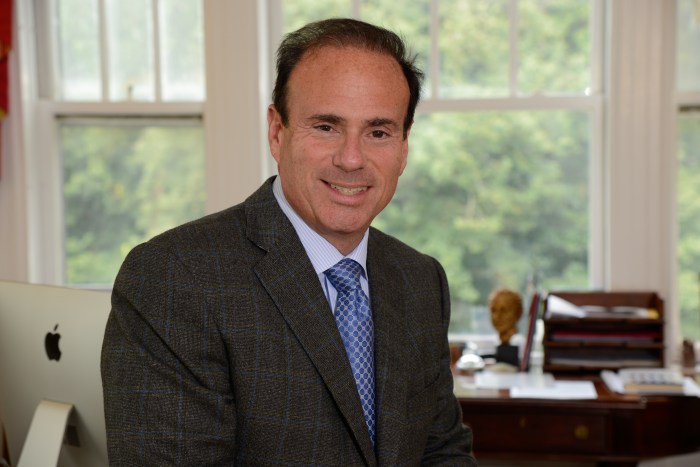By Paul DiSclafani
When saying goodnight to your spouse or kissing them on the cheek in the morning as they leave for work, you never know when it will be the last time.
Every time they go off to work, there is always the possibility they won’t be coming back. Sometimes, it’s a tragic car accident; other times, it might be a fatal heart attack. Although tragedy might strike in many different ways, it’s certainly not something you think about every time they leave the house.
Going to work every day and returning in time for dinner is a way of life for most people. It is not unreasonable for our expectations to be shattered if a tragedy occurs.
Except if you are the spouse of a police officer.
I’m sure the spouses of firefighters and others sworn to protect the public feel the same, but I can’t speak to those experiences. But I can talk about my experience as the spouse of a former New York City police officer.
I can tell you that not a day passed while my wife was on the job that I didn’t fear “that” phone call. There was the recurring nightmare of my doorbell ringing and seeing several uniformed officers with vacant stares. At the same time, I frantically scanned their faces before realizing my wife was not among them.
To my wife, being a police officer meant she would have a job that provided a pension and medical benefits for life. She wasn’t an officer 24 hours a day. Her service revolver was always locked away when she was off duty. She took a position with Evidence Collection, so most of her first 15 years on the job put her at crime scenes after the fact.
Although it wasn’t a typical 9-5 job (she rotated through 8-4, 4-12, and 12-8 tours), she treated it like any other job. Her assigned detail didn’t prevent her from being used on jobs involving interaction with the general public, like parades (including most New Year’s Eve details), special events, or disasters. Turning out of Brooklyn North’s 84th Precinct, they were just across the bridge from the terrorist attack on the World Trade Center.
After being promoted to sergeant and assigned to the 105 Precinct in Queens, she interacted daily with the public. That included unpredictable jobs like domestic disputes, EDPs (Emotionally Disturbed Persons), retail thefts, and even car accidents. Dealing with people breaking the law is just dangerous. There were plenty of interactions with people in parked cars.
Just like Officer Johnathan Diller.
I don’t know how the NYPD notified his wife, Stephanie, that tragic evening, but it doesn’t matter. Her life was forever changed, and my heart goes out to her. Although I have never had to endure the pain of losing a spouse, I certainly know the anguish and uncertainty she went through almost every day.
You try to put it out of your mind so you can go about your day, but it’s always lurking. While others can happily pick up the phone or answer the doorbell at two o’clock in the afternoon, the spouse of a police officer on the job requires a second or two to say a quick prayer.
When Barbara returned safe and sound, I’d always ask about her day. She would tell me what I wanted to hear and spare me the details I didn’t need to know. I’d listen to tales of stupid administrative stuff that sergeants dealt with and how she hated being a “boss” sometimes. I never knew about the dangers of approaching a car parked suspiciously at a bus stop and asking the people inside to step out of the vehicle. Considering this most recent tragedy, she told me how they would always approach the cars in these circumstances with guns unholstered and at their side. Unholstered? She’s been retired for 12 years, but this was the first time I heard her use that phrase.
In retrospect, it was a blessing that she spared me the gory details of her daily interactions while on the job. I guess the stupid stories of my work colleagues’ adventures would suffice as appropriate dinner conversation.
And maybe, just maybe, I didn’t really want to know.































